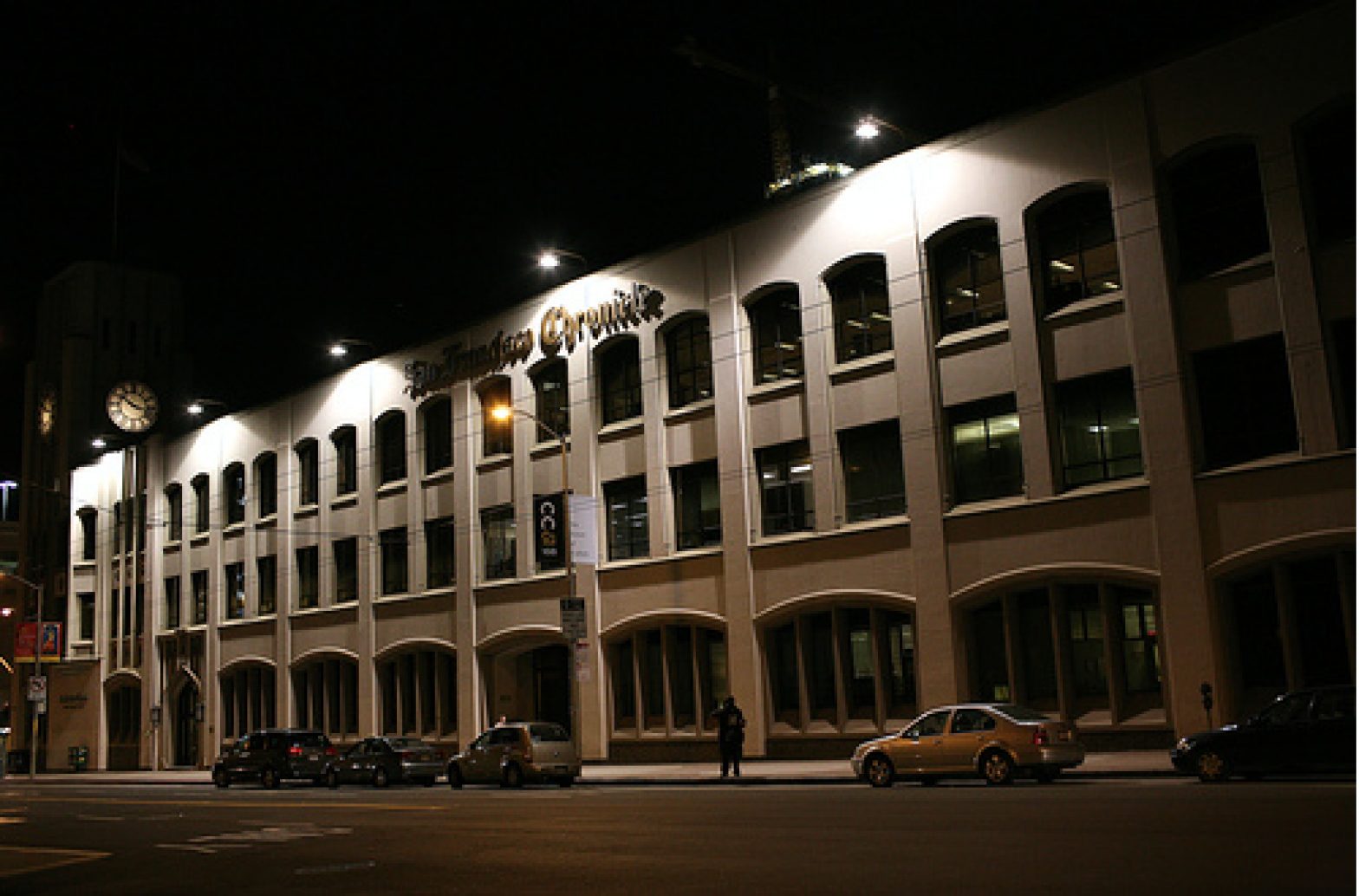
Martina Castro, a reporter for the National Public Radio show "Day to Day," produced a recent story exploring the notion that the audience can help fund independent reporting. The piece, "Is Community-Funded Journalism the Answer?" focuses on David Cohn’s Spot.Us project, as he asserts that small donations spread over a large group can be immune to manipulation from special interests. It’s an irony not lost on Martina, in my conversations with her for the piece, that NPR is facing such hard times that "Day to Day" is being canceled this spring, along with "News & Notes." Castro has since found part-time employment at Crosscurrents, the pioneering new local news show on KALW-FM covering — you might have guessed it — how the recession is affecting Bay Area residents. Crowd-funding is an interesting and as yet mostly untested thesis, but one that deserves exploring, alongside other ideas about alternative funding sources for journalism. The latest wave of imagining came from David Swensen and Michael Schmidt, two institutional investors who work for Yale University, who proposed, on the Op-Ed page of The New York Times, turning The Times into a nonprofit organization with an endowment.



